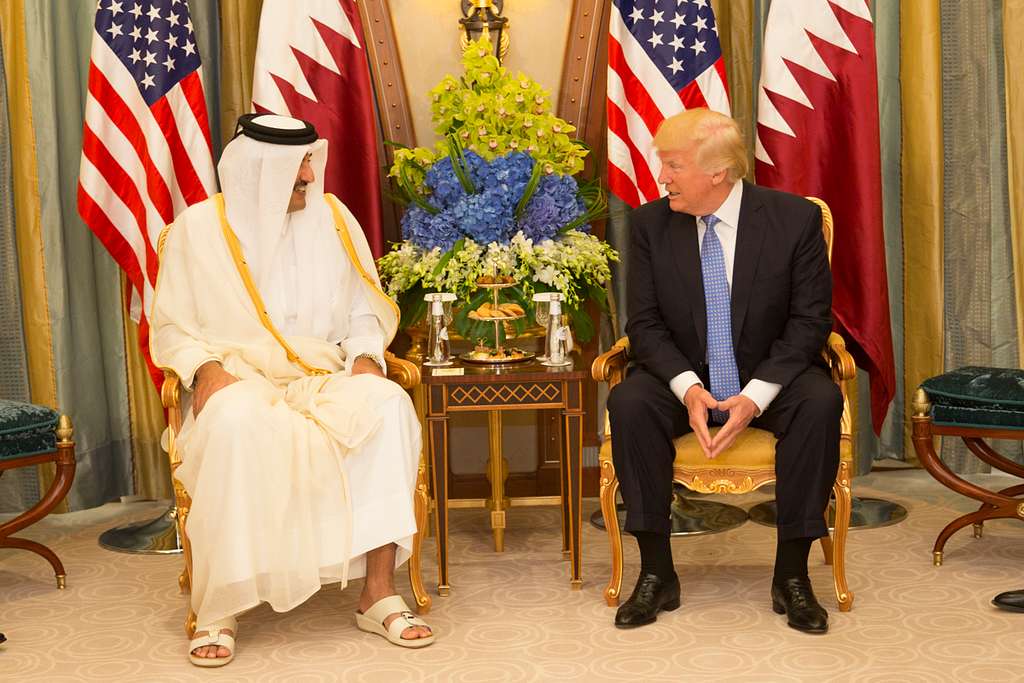Germany has approved a €1 trillion national investment plan, marking the country’s most dramatic shift in defense and infrastructure policy since the end of World War II. The sweeping initiative will fund massive military expansion, alongside long-neglected public works, by bypassing the country’s constitutionally enshrined “debt brake.”
Passed with the required two-thirds majority in both parliamentary chambers, the plan effectively ends the era of fiscal restraint imposed after the Nazi period, removing legal restrictions on defense spending above 1% of GDP. It also establishes a separate €500 billion infrastructure fund that will span the next 12 years.
Chancellor-designate Friedrich Merz of the Christian Democratic Union secured cross-party support for the package, including from the Greens and Social Democrats. His justification: Germany must reassert itself both economically and militarily in a world where American reliability is declining and European security faces “existential threats.”
The defense portion of the plan will modernize the Bundeswehr, accelerate procurement of fighter jets, drones, cyber capabilities, and expand training operations across NATO-aligned countries. Notably, Germany will also invest in its nuclear-capable aircraft infrastructure, a controversial signal amid growing instability within the U.S. leadership under President Trump.
The infrastructure plan includes expansive upgrades to Germany’s transport, energy, and digital networks, and new climate resilience measures. Officials say the investment will also address long-standing economic inefficiencies caused by aging systems and outdated regulations.
Critics argue the plan opens the door to unrestrained military buildup, warning that its unprecedented scale risks reviving nationalist ambitions Germany had long buried. Others say it signals the end of the postwar consensus that military power should never again be central to German identity.
Still, proponents point to a rapidly changing geopolitical landscape. With U.S. foreign policy increasingly erratic, many European leaders have called for “strategic autonomy” to ensure the continent’s defense does not rely solely on Washington. Germany’s move appears to answer that call.
This initiative, combined with recent foreign policy shifts by France, Spain, and the Nordics, may reshape European power dynamics—with Germany once again at the center, not as a cautionary tale, but as a rearming superstate.
Reported by Casey Clearview for The Crustian Daily.
Author
Discover more from The Crustian Daily
Subscribe to get the latest posts sent to your email.













